Sicily, 15 Historic facts about the largest island in the Mediterranean
Sicily is the largest island in the Mediterranean Sea. It has quite a history, great beaches, best Mediterranean climate, and of course the amazing Italian food. I loved it, returned a few months later and I know that I will go back again.
Sicily abounds of amazing archeological sites
Some of the best Greek archeological sites, Roman catacombs and aqueducts can be found here. The resplendent Byzantine mosaics and stunning Arab and Norman architecture is difficult to find in other places.
The largest Mediterranean Island is a great vacation place
And don’t forget the clear sea water, great beaches, the people, and of course the food. But that has nothing to do with history. It is just worth mentioning.
Snow covered Etna Volcano and orange groves
Sicily has great Mediterranean climate, diverse and fertile landscape. You can drive from snow covered Etna down to the coast and swim in the sea with the volcano in the background. It enjoys 300 days of sun shining on the endless orange groves.
Sicily’s strategic location made it attractive to many rulers
Sicily has a strategic location relative to the European continent. Greece to the East, Spain to the West, North Africa in the South and Italy in the North. Many rulers were eager to take advantage of that. Hence, Sicily was left with an unparalleled historical legacy.
Thousands of years of foreign rulers ruled over Sicily
In fact, for thousands of years it was ruled by great powers. They include the Phoenicians, Greeks, Romans, Byzantines, Arabs, Normans, French, Germans Spanish, Italians. They all left an indelible impression and historical sites that are not easily matched.
After the disastrous earthquake in the area in 1693, some of the towns and villages had been reduced to rubble. Fortunately, they have been either restored or rebuilt.
A synopsis of the amazing history of Sicily
There are books over books covering the history of Sicily. I took me a while to read my way through it and come up with a synopsis for you.
The Greeks
History of Sicily goes all the way back to the Old Stone Age but I will not go so far back in time. I will rather start 750-212 BC when the Greeks colonized the island in search of land to develop a wealthy Magna Graecia.
Roman Rule
After the second Punic War, in 211 BC, Syracuse fell to Roman rule which lasted up until 468 AD.
The Vandals, Ostrogoths and Byzantines
Then the Vandals of German origins invade from North Africa followed by the Ostrogoth and Byzantines.
Saracens
The Arabs began their invasion of Sicily in Palermo in 827 with 10,000 Arabs, Berbers and Spanish Muslims (the Saracens).
It is said that Palermo became the most populous and cosmopolitan centers of the world at that time.
The Normans
In 1071 AD, the Normans took possession of Sicily and the Arabic language was replaced by French and Italian.
Henry VI, King of Sicily
In 1194, the Hohenstufen arrived and Henry VI was crowned King of Sicily. After his death, the pope sold Sicily to the King of England.
More foreign rulers
His reign was followed by the Angevin French, the Aragonese, the Spanish and later the Hapsburgs from Austria.
In 1734, the Bourbons took over only to be replaced by a British Administration in 1806.
Finally, an Italian King
In 1860, Garibaldi began the unification of Italy and Vittorio Emanuele of Savoy was declared King of Italy.
Fast forward to the 1930s and beyond
Fast forward, in the 1930s Sicily was of essential strategic importance during Mussolini’s colonization attempts in North Africa.
In 1943, Allies landed in Gela and Syracuse and began liberating Europe from Hitler’s regime.
More posts on Sicily
Posts for Sicily include Siracusa, Noto
Check out other locations in the area such as the Valley of the Temples near Agrigento, Caltagirone, Enna, Catania.
Don’t forget to have a look at the post on Taormina, Etna and the East Coast of Sicily.
Also check out my travel tips for Sicily and a snapshot of syracuse’s history.
Enjoy the read!

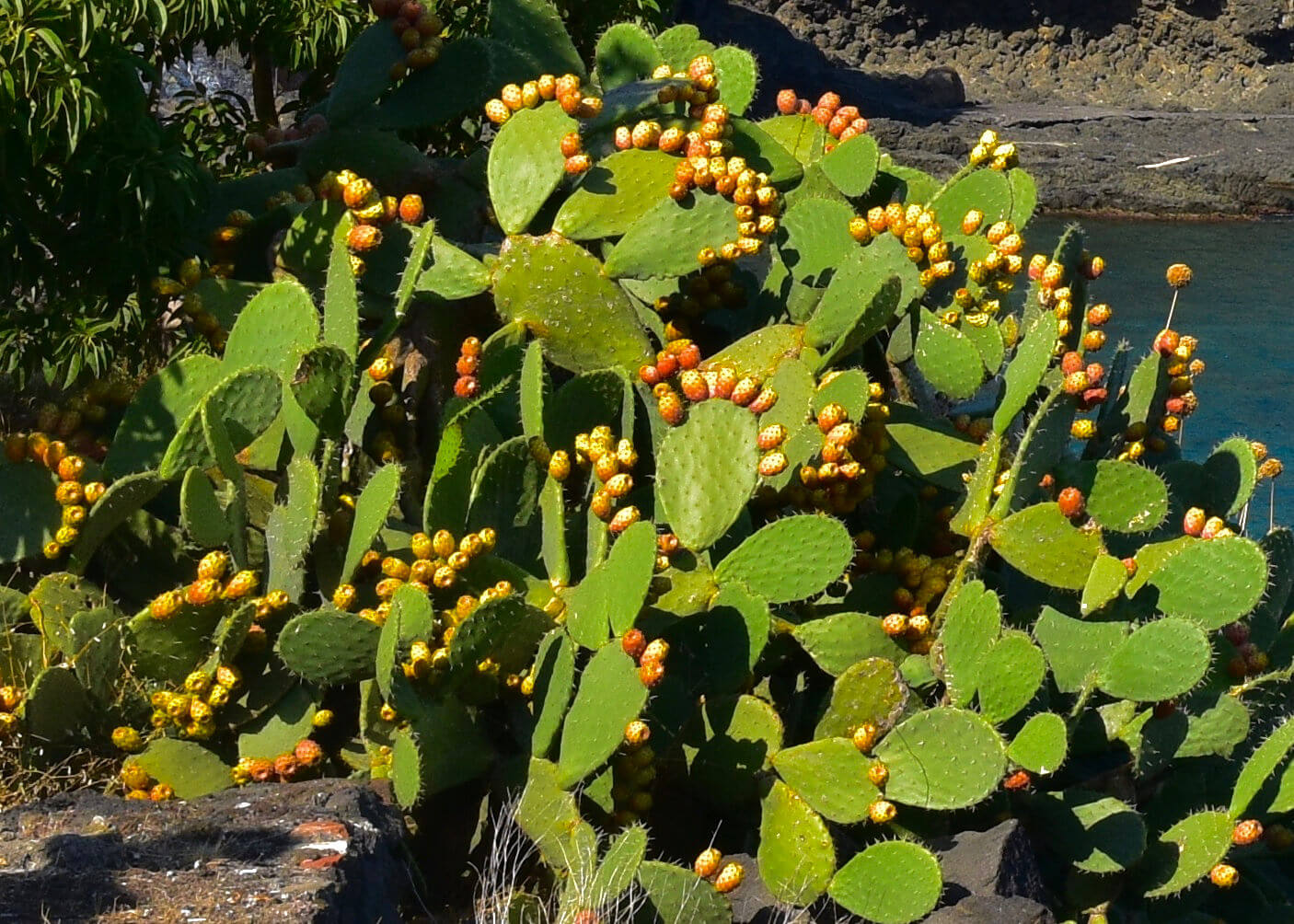
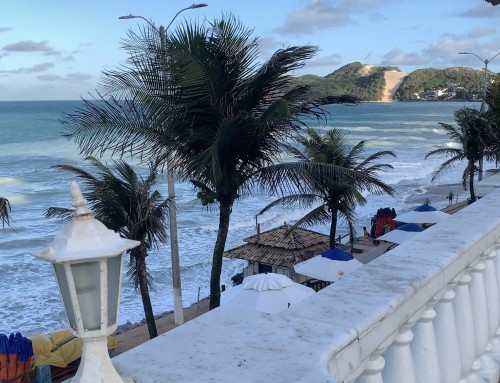
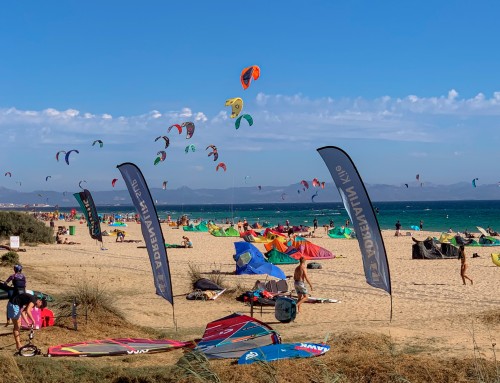
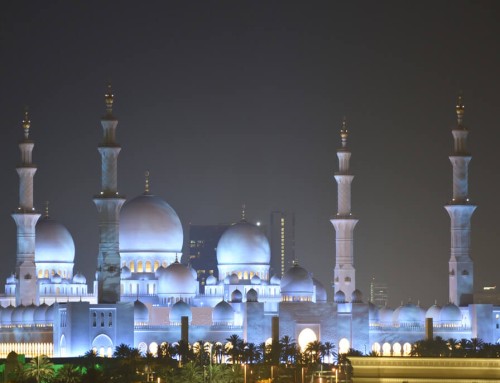
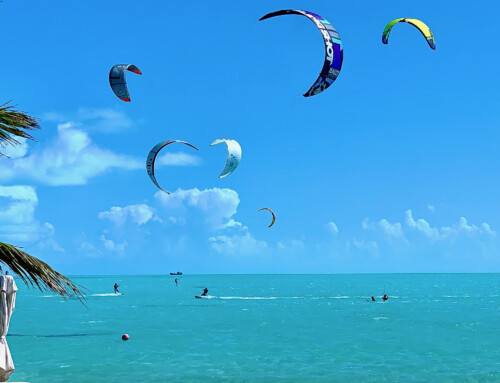
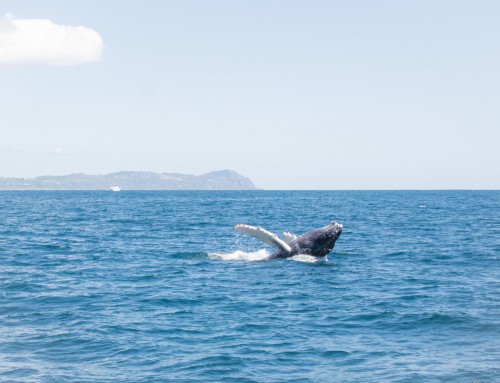
Leave A Comment
You must be logged in to post a comment.